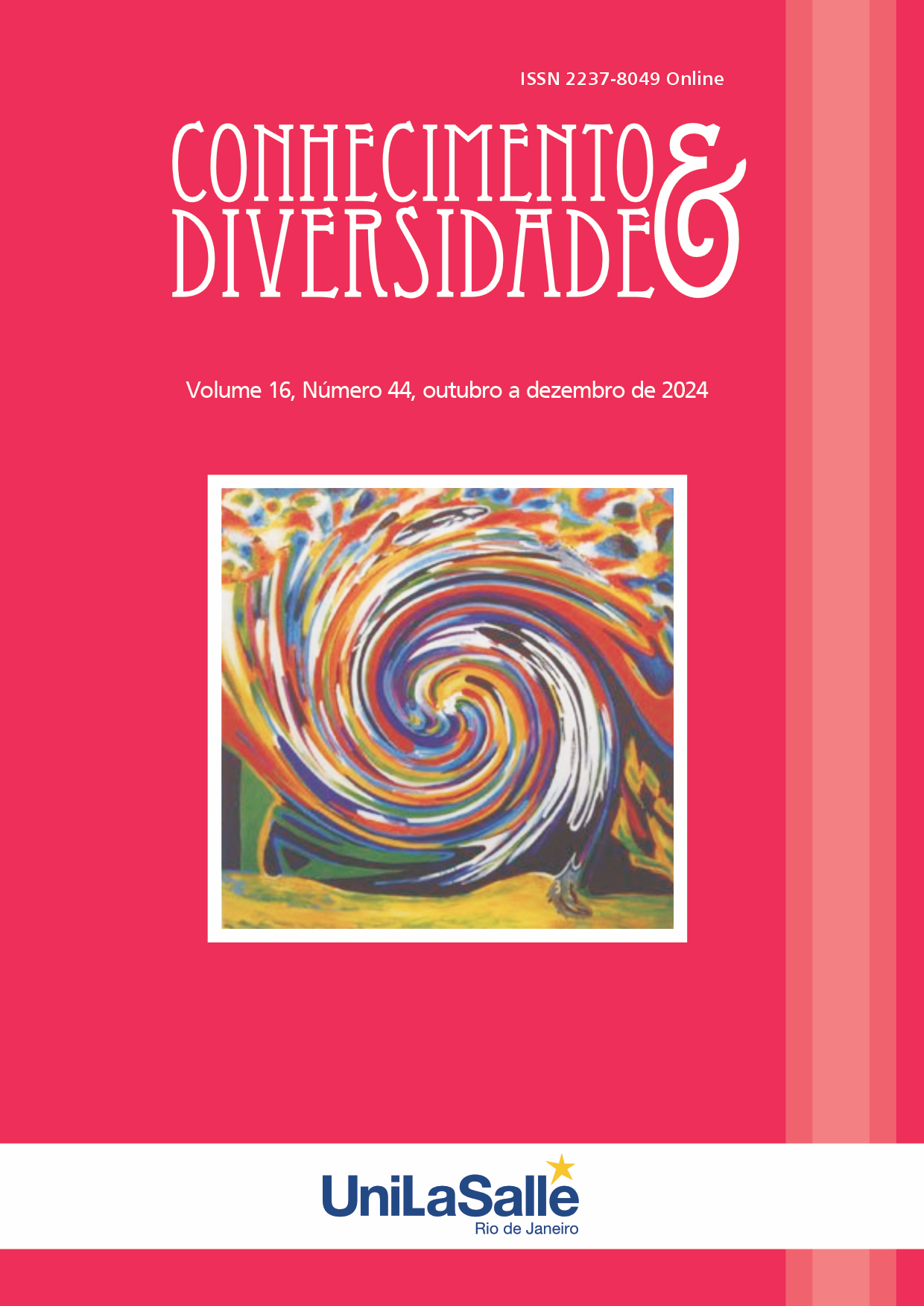TEACHERS' OPİNİONS ON THEİR PREFERRED METHODS AND EXAM PRACTİCES WİTHİN THE FRAMEWORK OF GRAMMAR TEACHİNG İN TEACHİNG TURKİSH AS A FOREİGN LANGUAGE
DOI:
https://doi.org/10.18316/rcd.v16i44.12301Keywords:
Teaching Turkish as a foreign language, grammar, exams, methodsAbstract
Grammar teaching plays an important role in language learning. However, traditional teaching methods limit students' understanding of grammar rules, and therefore more innovative, student-centered approaches are required. In this study, the methods teachers use in teaching grammar and the types of exams they prefer will be examined, and solution strategies will be developed for the difficulties encountered in this process. The main purpose of the research is to examine the effects of the constructivist model and the contributions of modern measurement-evaluation methods to student success. In this study, qualitative research methods were used and it was carried out within the framework of phenomenological design. Semi-structured interviews were conducted in the data collection process and the data obtained from these interviews were analyzed with content analysis. The participants consisted of teachers with professional experience between 1-6 years, 7 of whom were female and 7 of whom were male. The interview form was started with 12 questions and was reduced to 9 questions as a result of the pilot application. The obtained data reveal the preferences of teachers about grammar teaching and exam types and the development strategies suggested in this process. Teachers use different exam types such as multiple choice, open-ended, performance assessment and portfolio to measure students' grammar level. In grammar teaching, student-centered, innovative methods are preferred; creative and interactive approaches such as story writing, guided discussions, song-poem analyses are used. Teachers recommend the use of technology-supported materials, the use of digital platforms, the increase of peer interaction, and the more effective use of portfolios and performance-based assessments. Recommendations for the study are that the use of digital tools should be increased, the use of materials related to real life in classroom activities should be encouraged, game-based learning applications should be increased, and group work should be supported. Such strategies can help students develop their language skills more effectively.
References
Anılan, H. (2014). Sınıf öğretmenlerinin görüşlerine göre Türkçe dil bilgisi öğretiminin değerlendirilmesi. Educational Sciences: Theory & Practice, 14(5), 1893-1924.
Aydın, Ö. (1999). Ortaokullarda dilbilgisi öğretimi üzerine öğretmen görüşleri. Dil Dergisi, 81(1), 23-29.
Balcı, A. (2012). Cumhuriyet dönemi ilköğretim Türkçe dersi programlarında dil bilgisi öğretimi. M. Özbay (Ed.), Türkçe Eğitimi açısından dil bilgisi öğretimi içinde (s. 1-44). Pegem Akademi.
Başkale, H. (2016). Nitel araştırmalarda geçerlik, güvenirlik ve örneklem büyüklüğünün belirlenmesi. Dokuz Eylül Üniversitesi Hemşirelik Fakültesi Elektronik Dergisi, 9(1), 23-28.
Bayat, N. (2020). Dil bilgisi ve dil becerileri. A. Pehlivan ve İ. S. Aydın (Ed.), Dil bilgisi öğretimi içinde (s. 171-187). Pegem Akademi.
Benzer, A., & Eldem, E. (2013). Türkçe ve edebiyat öğretmenlerinin ölçme ve değerlendirme araçları hakkında bilgi düzeyleri. Kastamonu Eğitim Dergisi, 21(2), 649-664.
Göçer, A., & Aslan, S. (2018). Türkiye’de dil bilgisi öğretimi üzerine hazırlanan lisansüstü tezler hakkında bir meta-analiz çalışması. Kırıkkale Üniversitesi Sosyal Bilimler Enstitüsü Dergisi, 10(1), 1-22.
Leko, M.M., Cook, B.G. & Cook, L. (2021) Qualitative methods in special education research. Learning Disabilities Research & Practice, 36(4), 278–286. Available from: https://doi.org/10.1111/ldrp.12268
Merriam, S. B., & Tisdell, E. J. (2016). Qualitative Research: A Guide to Design and Implementation (4th ed.). San Francisco, CA: Jossey Bass.
Miller, S. (2003). Analysis of phenomenological data generated with children as research participants. Nurse Researcher, 10(4), 68–82. https://doi.org/10.7748/nr2003.07.10.4.68.c5905
Yıldırım A, Şimşek H. (2013). Sosyal Bilimlerde Nitel. Araştırma Yöntemleri. (9. Baskı). Ankara: Seçkin. Yayıncılık.
Downloads
Published
Issue
Section
License
Copyright (c) 2024 Ayhan Dönmez

This work is licensed under a Creative Commons Attribution 4.0 International License.
As recommended by the Public Knowledge Project, RCD adopts for its articles a CREATIVE COMMONS Attribution CC BY 4.0 license.
This license allows others to distribute, remix, adapt and build upon your work, even commercially, as long as they credit you for the original creation.
This is the most appropriate license offered.
Recommended for maximum dissemination and use of licensed materials.



